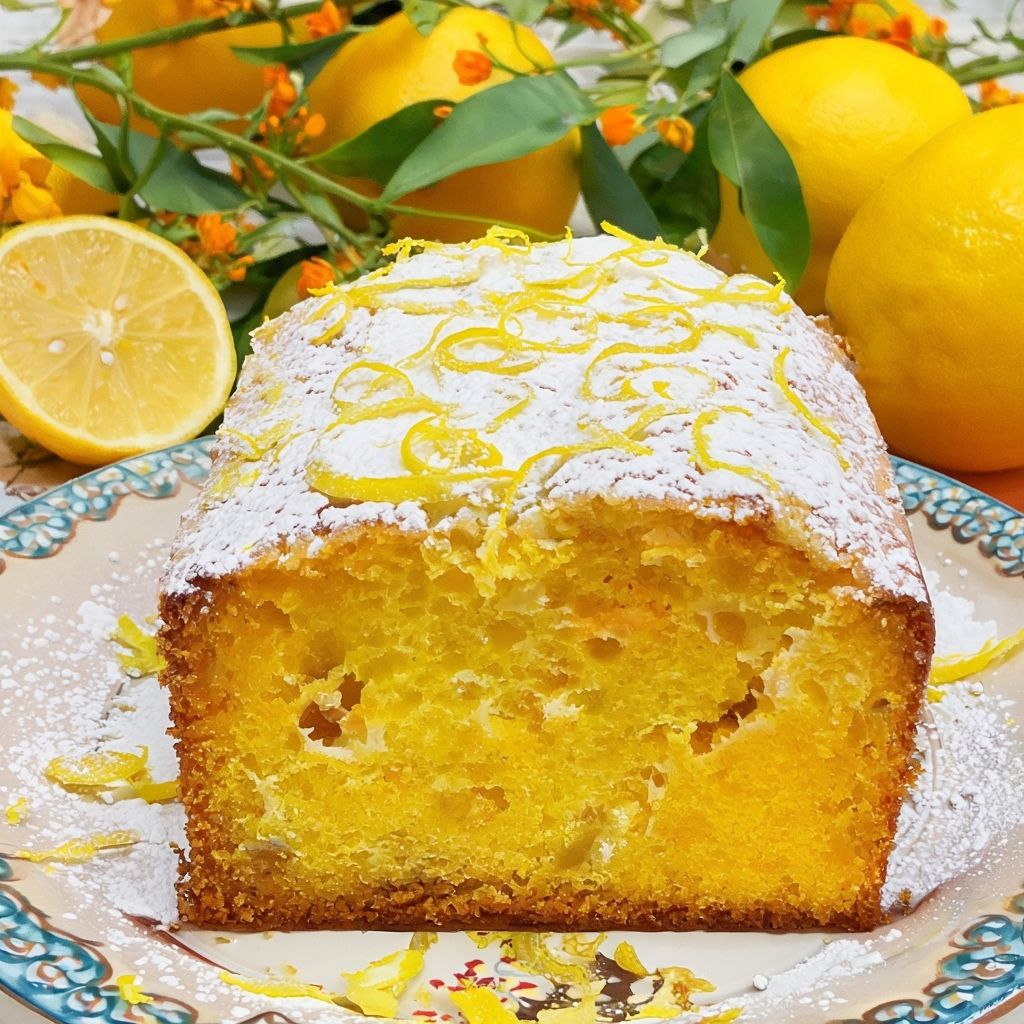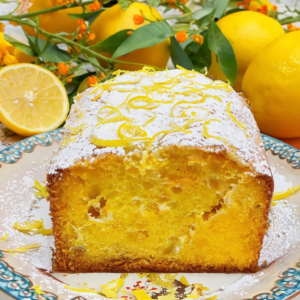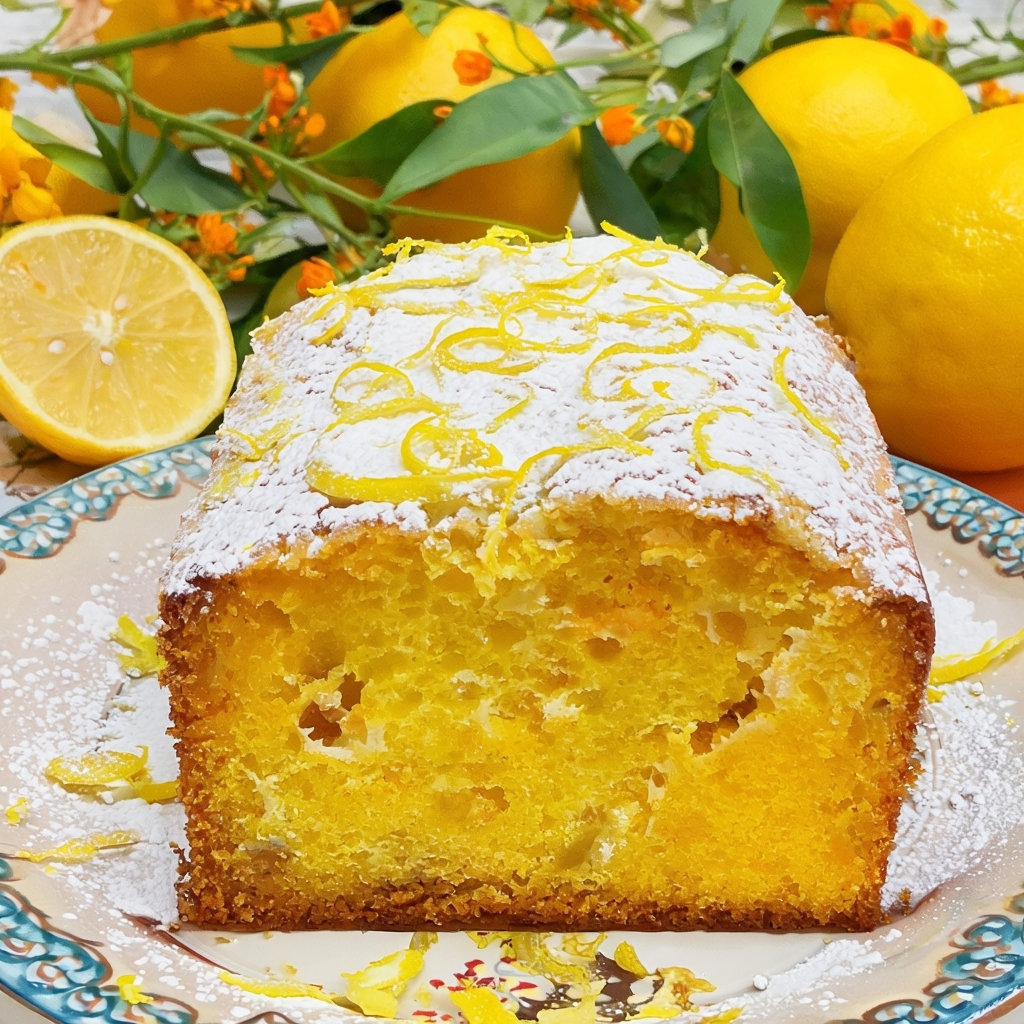Table of Contents
- Introduction
- What is Meskouta?
- History and Cultural Significance
- Key Ingredients
- Step-by-Step Recipe
- Variations and Adaptations
- Serving Suggestions
- Health Benefits
- Tips for Perfect Meskouta
- Frequently Asked Questions
- Conclusion
- External Links
Introduction
Meskouta Moroccan lemon cake is a delightful treat that embodies Morocco’s vibrant flavors and rich culinary traditions. This moist, zesty cake is perfect for any occasion, from casual family gatherings to elegant dinner parties. With its refreshing citrus notes and subtle floral undertones, Meskouta truly celebrates Moroccan cuisine.
What is Meskouta?

Meskouta is a traditional Moroccan cake known for its light texture and bright citrus flavor. The word “meskouta” in Arabic means “chewed,” which refers to the cake’s tender crumb that seems to melt in your mouth. This beloved dessert is a staple in Moroccan homes and is often enjoyed with a cup of mint tea or coffee.
History and Cultural Significance
Meskouta has been a part of Moroccan culinary tradition for generations. Its origins can be traced back to the abundance of citrus fruits in Morocco, particularly in regions like Fez and Meknes. The cake’s popularity grew as it became a symbol of hospitality and warmth in Moroccan households.
In Moroccan culture, offering a slice of Meskouta to guests is a gesture of welcome and friendship. The cake’s simple yet elegant nature reflects the Moroccan philosophy of finding beauty in everyday life.
Key Ingredients
The magic of Meskouta lies in its simple yet carefully chosen ingredients:
- Fresh lemons: Provide the signature zesty flavor and aroma
- Orange blossom water: Adds a subtle floral note, enhancing the citrus profile
- All-purpose flour: Forms the base of the cake
- Sugar: Balances the tartness of the lemons
- Eggs: Contribute to the cake’s structure and richness
- Vegetable oil: Ensures a moist texture
- Baking powder: Helps the cake rise and become fluffy
- Vanilla extract: Enhances the overall flavor profile
Step-by-Step Recipe
- Preheat your oven to 350°F (175°C) and grease a 9-inch cake pan.
- In a large bowl, whisk together 3 eggs and 1 cup of sugar until light and fluffy.
- Gradually add 1/2 cup of vegetable oil, whisking continuously.
- Zest 2 lemons and juice them. Add the zest and 1/4 cup of lemon juice to the mixture.
- Stir in 1 teaspoon of vanilla extract and 2 tablespoons of orange blossom water.
- In a separate bowl, sift together 1 1/2 cups of all-purpose flour and 2 teaspoons of baking powder.
- Gently fold the dry ingredients into the wet mixture until just combined.
- Pour the batter into the prepared pan and bake for 35-40 minutes, or until a toothpick inserted in the center comes out clean.
- Allow the cake to cool in the pan for 10 minutes before transferring to a wire rack to cool completely.
Variations and Adaptations
While the classic Meskouta is beloved for its simplicity, there are several variations you can try:
- Orange Meskouta: Replace lemon with orange zest and juice for a sweeter citrus flavor.
- Almond Meskouta: Add ground almonds to the batter for a nuttier texture and flavor.
- Yogurt Meskouta: Incorporate plain yogurt into the batter for an extra moist cake.
- Olive Oil Meskouta: Use high-quality olive oil instead of vegetable oil for a more authentic Moroccan taste.
Serving Suggestions
Meskouta is versatile in its serving options:
- Dust with powdered sugar for a simple, elegant presentation.
- Serve with a dollop of whipped cream or a scoop of vanilla ice cream.
- Pair with fresh berries or a citrus compote for added freshness.
- Enjoy alongside a steaming cup of Moroccan mint tea for a true cultural experience.
Health Benefits
While Meskouta is undoubtedly a treat, it does offer some health benefits:
- Vitamin C: The high lemon content provides a boost of immune-supporting vitamin C.
- Antioxidants: Citrus fruits are rich in antioxidants that help combat free radicals.
- Digestive aid: The citrus oils in lemons can help stimulate digestion.
- Mood enhancer: The bright aroma of lemon and orange blossom can uplift mood and reduce stress.
Tips for Perfect Meskouta
- Use room temperature ingredients for better incorporation.
- Don’t overmix the batter to ensure a light, fluffy texture.
- Adjust the amount of lemon juice based on your preference for tartness.
- For extra moisture, brush the warm cake with a lemon syrup made from equal parts lemon juice and sugar.
Frequently Asked Questions
- Q: Can I make Meskouta gluten-free?
A: Yes, you can substitute the all-purpose flour with a gluten-free flour blend. - Q: How long does Meskouta stay fresh?
A: When stored in an airtight container at room temperature, Meskouta remains fresh for up to 3 days. - Q: Can I freeze Meskouta?
A: Yes, wrap the cooled cake tightly in plastic wrap and freeze for up to 3 months. - Q: What can I use instead of orange blossom water?
A: If unavailable, you can use rose water or simply omit it, though it may alter the traditional flavor slightly. - Q: Is Meskouta suitable for vegans?
A: Traditional Meskouta is not vegan due to the eggs. However, you can experiment with egg substitutes like applesauce or flax eggs for a vegan version.
Conclusion
Meskouta Moroccan lemon cake is more than just a dessert; it’s a journey through Moroccan culture and hospitality. Its bright flavors, simple preparation, and delightful texture make it a perfect choice for both novice bakers and seasoned chefs alike. Whether you’re looking to explore Moroccan cuisine or simply craving a zesty treat, Meskouta is sure to become a favorite in your recipe collection.
External Links

MESKOUTA : Moroccan lemon cake
Equipment
- 9-inch round cake pan
- Electric mixer or whisk
- Large mixing bowl
- Medium bowl for dry ingredients
- Measuring cups and spoons
- Citrus zester or grater
- Citrus juicer
- Sifter or fine-mesh strainer
- Rubber spatula or wooden spoon
- Toothpick (for testing doneness)
- Small saucepan (for syrup)
- Pastry brush (for applying syrup)
- Wire cooling rack
- Parchment paper (optional, for lining pan)
Ingredients
- 3 eggs
- 1 cup sugar
- ½ cup vegetable oil
- Zest of 2 lemons
- ¼ cup lemon juice
- 2-3 tablespoons orange blossom water
- 1 teaspoon vanilla extract
- 1 ½ cups all-purpose flour
- 2 teaspoons baking powder
Instructions
- Preheat your oven to 350°F (175°C) and grease a 9-inch cake pan.
- Whisk together 3 eggs and 1 cup of sugar in a large bowl until light and fluffy.
- Gradually add 1/2 cup of vegetable oil, whisking continuously.
- Zest 2 lemons and juice them. Add the zest and 1/4 cup of lemon juice to the mixture.
- Stir in 1 teaspoon of vanilla extract and 2 tablespoons of orange blossom water.
- Sift together 1 1/2 cups of all-purpose flour and 2 teaspoons of baking powder in a separate bowl.
- Gently fold the dry ingredients into the wet mixture until just combined.
- Pour the batter into the prepared pan and bake for 35-40 minutes, or until a toothpick inserted in the center comes out clean.
- Allow the cake to cool in the pan for 10 minutes before transferring to a wire rack to cool completely.
